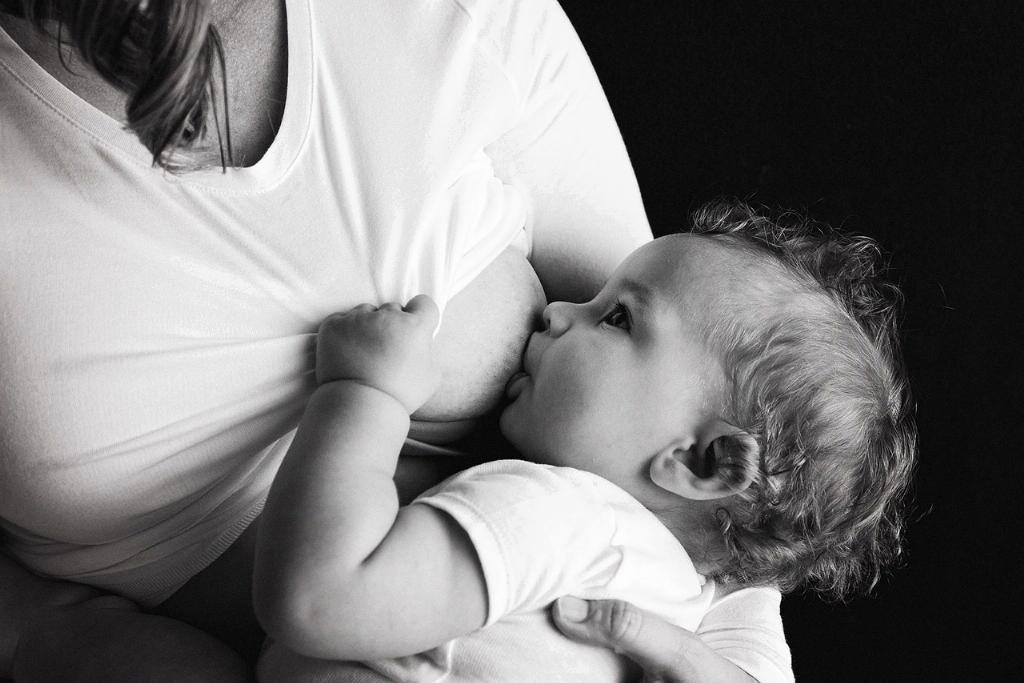Many new moms have concerns about how breastfeeding may affect their bodies, including the intimate aspects of their health. One common question that often arises is whether breastfeeding can make you feel dry down there. It’s important to understand the connection between breastfeeding and vaginal dryness to address any concerns you may have.
Understanding the Role of Estrogen
Estrogen plays a crucial role in maintaining vaginal lubrication and overall vaginal health. During breastfeeding, the body’s estrogen levels naturally decrease, which can lead to a decrease in vaginal lubrication. This drop in estrogen levels can result in vaginal dryness, discomfort, and potentially impact your sexual health.
Effects on Vaginal pH Balance
Breastfeeding can also affect the pH balance of the vagina. Changes in the vaginal pH balance can make the tissues more susceptible to dryness and irritation. This can further contribute to feelings of dryness and discomfort in the vaginal area.
Impact on Sexual Health
Vaginal dryness can not only cause physical discomfort but may also impact your sexual health and intimacy. A decrease in vaginal lubrication can lead to pain or discomfort during sexual intercourse, which may affect your overall sexual well-being.
Coping Strategies
If you’re experiencing vaginal dryness while breastfeeding, there are several strategies you can try to alleviate symptoms. Using a water-based lubricant can help enhance lubrication and reduce discomfort during sexual activity. Additionally, staying hydrated, incorporating omega-3 fatty acids into your diet, and practicing pelvic floor exercises may also help improve vaginal health.
Consulting a Healthcare Provider
It’s essential to communicate any concerns about vaginal dryness with your healthcare provider. They can offer guidance, support, and recommend appropriate treatments to address your symptoms. Your healthcare provider may suggest hormone therapy or other remedies to help manage vaginal dryness effectively.
Self-Care Practices
In addition to medical interventions, self-care practices can play a crucial role in maintaining vaginal health. Practicing good hygiene, wearing breathable cotton underwear, and avoiding harsh soaps or perfumed products in the vaginal area can help reduce irritation and discomfort associated with vaginal dryness.
Embracing Open Communication
It’s essential to have open and honest communication with your partner about any changes in your sexual health. Discussing your concerns and exploring different ways to enhance intimacy can help strengthen your bond and ensure a satisfying sexual relationship.
Support Networks
Joining support groups or seeking guidance from other breastfeeding mothers can provide valuable insights and emotional support. Connecting with other individuals who have experienced similar challenges can help you feel understood and supported throughout your breastfeeding journey.
Conclusion
In conclusion, breastfeeding can indeed contribute to vaginal dryness due to lower estrogen levels and changes in vaginal pH balance. However, there are various coping strategies, medical interventions, and self-care practices that can help alleviate symptoms and improve overall vaginal health. By staying informed, seeking support from healthcare providers, and embracing open communication with your partner, you can navigate any challenges related to vaginal dryness while breastfeeding with confidence and ease.

